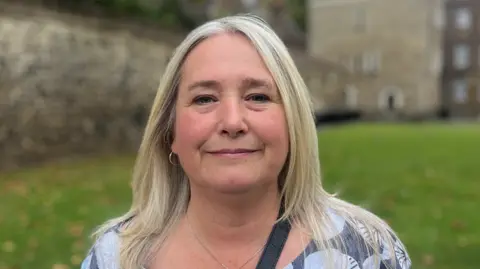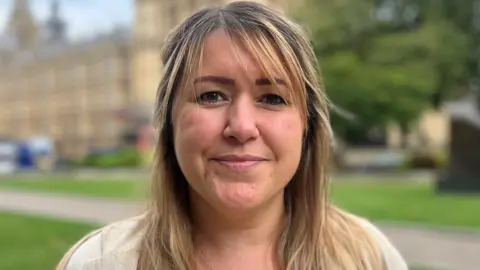Hospital action plan after undercover documentary
Maisie Olah
BBC News, West Midlands•@maisieolah

An action plan of changes has been drawn up by hospital bosses after an undercover TV investigation claimed to find cases of suffering and indignity in its A&E.
The Channel 4 Dispatches documentary in June said a reporter working as a trainee healthcare assistant saw patients waiting in Shrewsbury's emergency department for up to 46 hours and undignified treatment of patients in corridors.
Shrewsbury and Telford NHS Trust (SaTH) will tell its board on Thursday how there were a number of examples from the film where care "fell below acceptable standards".
It said improvements have been introduced since the programme.
The footage showed the emergency department at the Royal Shrewsbury Hospital with patients being cared for in hospital corridors, specifically the X-ray corridor linking the emergency department to the X-ray department.
One immediate action taken by the hospital was an increase in health care assistant staff in the X-ray corridor when it was in use, the report for the board said.
There will also be a review of the availability of sinks for handwashing for staff managing patients in a corridor.
Dispatches said its footage also showed patients waiting overnight in a "Fit to sit" area due to a lack of trolleys - with one person in the area for 30 hours.
An extra doctor would now be allocated to these areas, the trust said.

A board meeting will be held on Thursday to discuss the plan
The action plan said language used by staff in the programme gave the impression of an acceptance of poor standards and there was therefore a cultural concern.
SaTH said an immediate individual and group discussion on use of language and expectations would be carried out in the future.
There would also be a daily increase of senior staff in departments, they added.
A review of all areas of concerns about care highlighted by Dispatches would be carried out by the medical director and director of nursing, the trust said.
The action plan will be updated weekly.


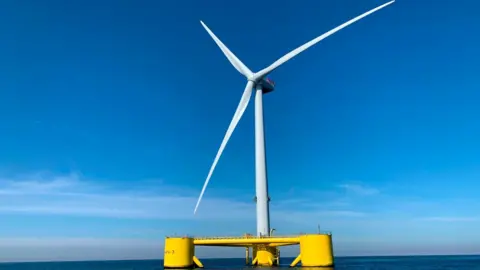
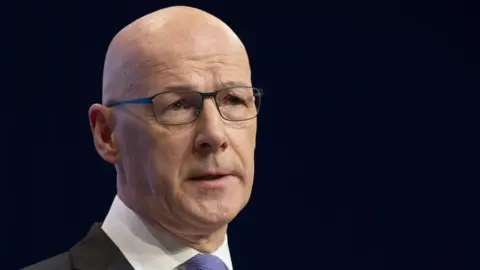 PA Media
PA Media Ocean Winds
Ocean Winds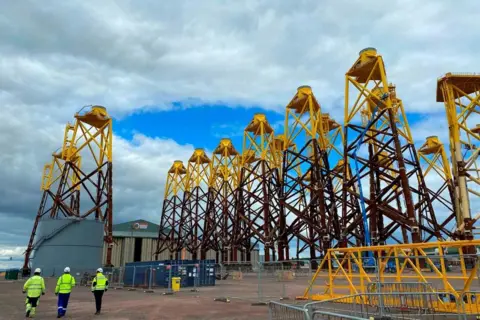 Ocean Winds
Ocean Winds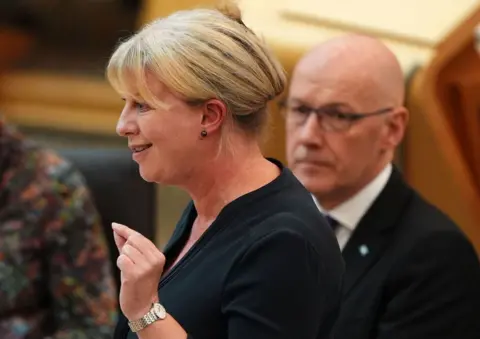 PA Media
PA Media You can download the 26-page
You can download the 26-page 



